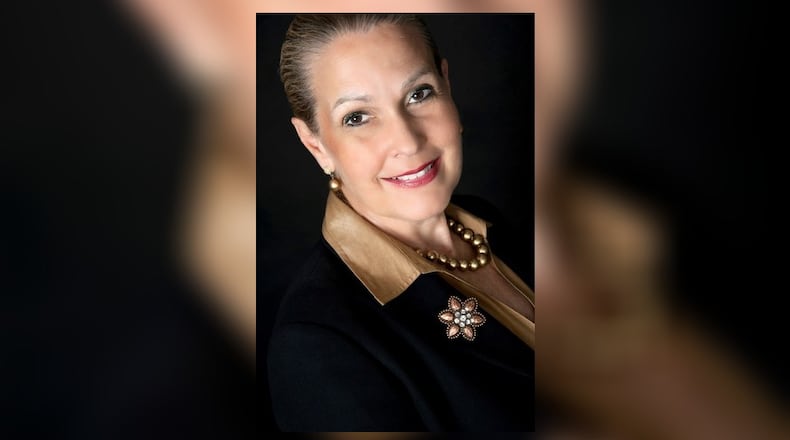In 2010 and 2012, the U. S. Supreme Court ruled that sentencing juveniles to life without parole violated the Eighth Amendment’s prohibition against cruel and unusual punishment. In 2016, the Ohio Supreme Court followed suit. And in 2021, the Ohio General Assembly passed SB 256 with bipartisan support. These laws only require an opportunity for a parole hearing for juveniles sentenced to long prison sentences. If the juvenile is not considered a good candidate for parole, they will continue to serve the remainder of their prison sentence, potentially the rest of their life.
According to the Courts, juveniles have a constitutional right to a parole hearing, except in the rarest of circumstances. SB 256 provided necessary guidelines for parole and sentencing for judges, as requested by the Ohio Supreme Court. Without these standards, it falls to the discretion of the parole board with no limitations. Repealing SB 256 will not change the right of juveniles to a parole hearing. It will remove the standards by which the parole board must consider each juvenile’s case.
I was a trial judge for 7 years and a justice for 16. I heard many of these heart wrenching cases and feel the pain of the victims and parents. SB 256 and the Court ruling grant juveniles a right to a parole hearing only, not to parole itself. SB 256 provides that hearing only after they have served a significant amount of time in jail. The law is not a “Get out of Jail Free” card that guarantees parole. It preserves the right of victims, family members, and prosecutors to oppose an offender’s release during parole hearings. They can argue that this person should never get parole and should serve their full sentence.
While some juvenile offenders will never be granted parole, others, all around the country, have shown that they are capable of transformation, remorse, and complete rehabilitation as they have grown into mature adults. They have proven that they can be released with no risk to the public. It is those cases which the law recognizes the juvenile eventually deserve another chance.
SB 256 is the product of thoughtful consideration, intense research, and input gathered from judges, victims, religious leaders, released juvenile offenders, families of incarcerated young people, former prosecutors, juvenile development experts, and legal experts. More than 60 witnesses offered powerful and compelling testimony as the legislation worked its way through the Senate Judiciary and House Criminal Justice Committees. This landmark measure passed by overwhelming bipartisan support.
Among those testifying was Darryl Green, president and principal consultant of Deep Forgiveness, whose younger brother was stabbed to death in 1998. He maintains contact with the man who murdered his brother 23 years ago. A few seconds of anger forever altered their lives, but Green chose forgiveness. He recognized this man was just a kid at the time and couldn’t fully understand that this decision would impact the rest of his life. During sponsor testimony on the measure, Ohio Sen. Peggy Lehner (R-Kettering) noted that “In the United States, we are seeing a trend of moving away from harsher sentences for youth, because they do have a unique opportunity for rehabilitation. We have also learned that a young adult’s brain is not fully developed until the age of 25… It is not fair to punish a child in the same way as an adult, because a child is still developmentally immature.”
SB 256 provides a delicate balance between the needs of juveniles deserving a second chance and the rights of victims and families to see justice served. In our move as a society to be less punitive and more about redemption and opportunities to change and grow, it is the right path forward. I am grateful to all those who worked hard to bring this legislation to reality.
Former Justice Evelyn Lundberg Stratton served on the Ohio Supreme Court for sixteen years and is of counsel in the Columbus, Ohio office of the Vorys Law Firm.
About the Author
